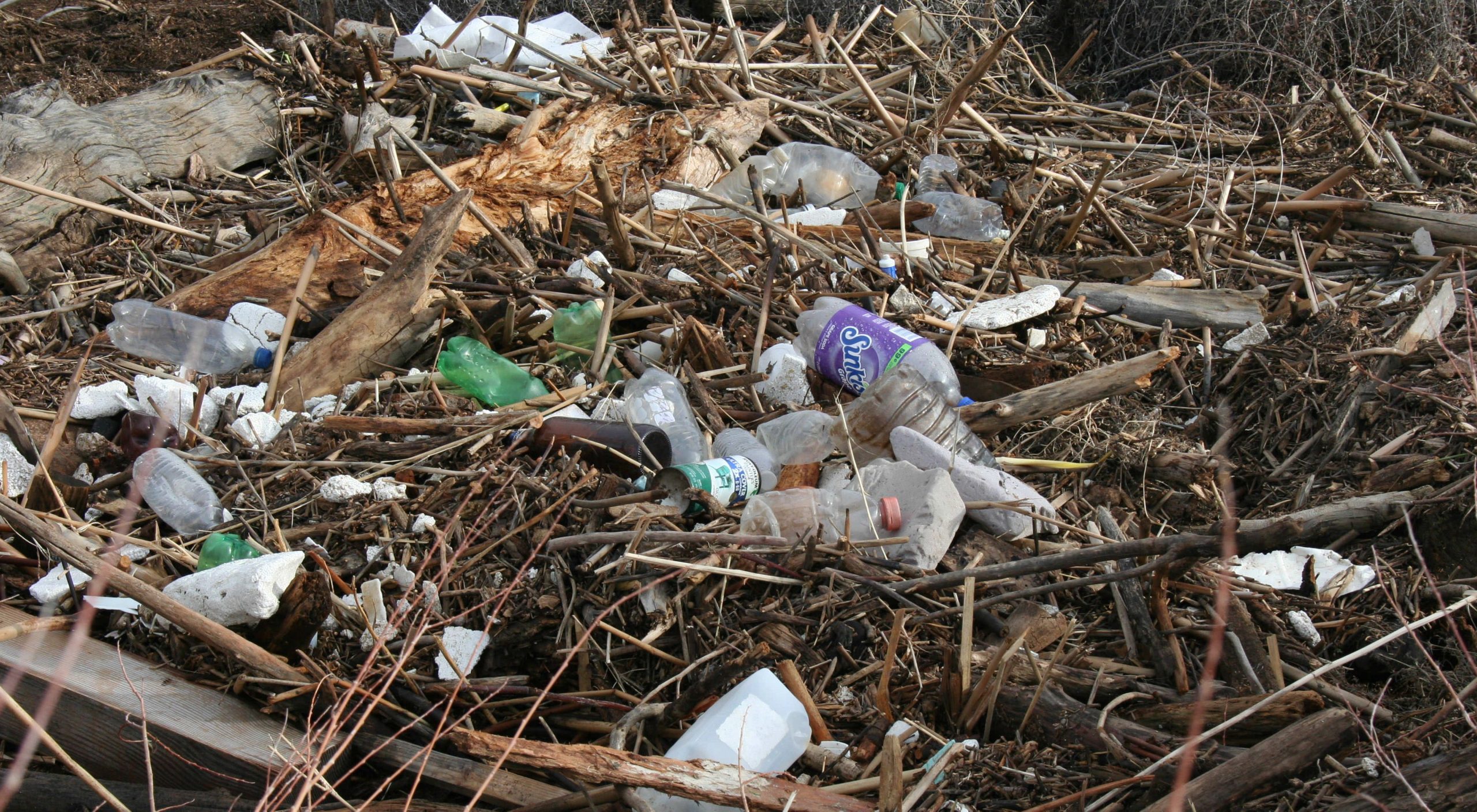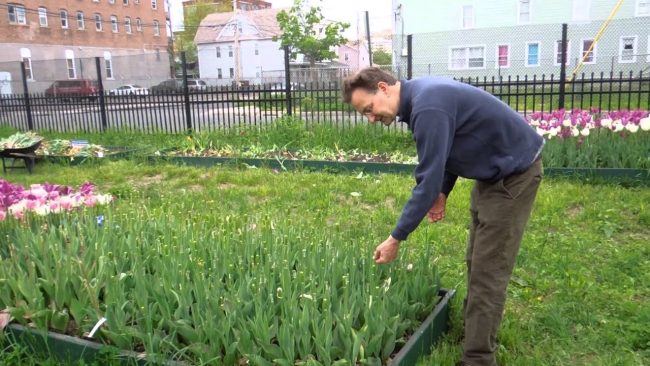
Reducing Waste Disposal: Eco-Friendly Solutions for a Cleaner Future
As the world grapples with the ever-increasing problem of waste disposal, it is crucial that we take action to reduce the amount of waste generated and find eco-friendly solutions for managing the waste we do produce. In this comprehensive article, we will explore various ways in which individuals, communities, and governments can contribute to reducing the waste disposal problem and promoting a cleaner, more sustainable future.
Understanding the Waste Disposal Problem
The waste disposal problem is a global issue that affects both developed and developing countries. As populations grow and consumption patterns change, the amount of waste generated continues to rise, putting a strain on waste management systems and the environment. Some of the key challenges associated with waste disposal include:
- Landfill overcrowding: Many landfills are reaching capacity, and finding suitable locations for new ones is becoming increasingly difficult.
- Environmental pollution: Improper waste disposal can lead to air, water, and soil pollution, harming ecosystems and human health.
- Resource depletion: Disposing of waste instead of recycling or reusing materials leads to the depletion of natural resources.
- Economic costs: Managing waste disposal is a costly endeavor, with significant financial implications for governments and communities.
Individual Actions to Reduce Waste Disposal
- Adopt a Reduce, Reuse, Recycle (3R) Lifestyle: Prioritize reducing waste generation, reusing items whenever possible, and recycling materials that cannot be avoided.
- Choose Sustainable Products: Select products with minimal packaging, made from recycled or renewable materials, and designed for longevity.
- Compost Organic Waste: Turn food scraps and yard waste into nutrient-rich soil through composting, reducing the amount of waste sent to landfills.
- Donate or Sell Unwanted Items: Give usable items a second life by donating them to charity or selling them through online platforms or garage sales.
- Support Eco-Friendly Businesses: Patronize businesses that prioritize sustainability, such as those that offer take-back programs for packaging or use renewable energy.
Community-Based Initiatives to Reduce Waste Disposal
- Implement Curbside Recycling Programs: Work with local governments to establish or expand curbside recycling programs, making it easier for residents to recycle a wide range of materials.
- Organize Community Clean-Up Events: Bring together volunteers to clean up public spaces, raise awareness about waste disposal issues, and foster a sense of community responsibility.
- Support Local Composting Initiatives: Encourage the development of community composting programs, which can turn organic waste into valuable soil amendments for local gardens and farms.
- Advocate for Waste Reduction Policies: Engage with local policymakers to support legislation that promotes waste reduction, such as bans on single-use plastics or extended producer responsibility (EPR) programs.
- Educate and Engage the Community: Organize workshops, educational campaigns, and public awareness events to inform community members about waste reduction strategies and encourage participation in eco-friendly practices.
Government Policies to Reduce Waste Disposal
- Implement Extended Producer Responsibility (EPR) Programs: Require manufacturers to take responsibility for the entire lifecycle of their products, including end-of-life management, incentivizing the design of more sustainable products.
- Promote Waste-to-Energy Technologies: Support the development and implementation of waste-to-energy technologies, such as anaerobic digestion and thermal treatment, to convert non-recyclable waste into electricity or heat.
- Invest in Recycling Infrastructure: Allocate funding for the construction and maintenance of modern recycling facilities, ensuring that a wide range of materials can be processed and reused.
- Establish Landfill Diversion Targets: Set ambitious targets for diverting waste from landfills, encouraging the adoption of alternative waste management strategies such as recycling, composting, and waste-to-energy.
- Provide Incentives for Waste Reduction: Offer tax credits, subsidies, or other financial incentives to businesses and individuals who implement waste reduction strategies or invest in eco-friendly technologies.
Frequently Asked Questions (FAQ)
1. What are the main causes of the waste disposal problem?
The main causes of the waste disposal problem include population growth, increased consumption, lack of recycling infrastructure, and improper waste management practices.
2. How can I reduce my personal waste footprint?
You can reduce your personal waste footprint by adopting a 3R lifestyle, choosing sustainable products, composting organic waste, and supporting eco-friendly businesses.
3. What are the benefits of reducing waste disposal?
Reducing waste disposal can lead to environmental benefits, such as reduced pollution and resource conservation, as well as economic benefits, such as lower waste management costs and the creation of green jobs.
4. What is extended producer responsibility (EPR)?
Extended producer responsibility (EPR) is a policy approach that requires manufacturers to take responsibility for the entire lifecycle of their products, including end-of-life management.
5. How can I get involved in community-based initiatives to reduce waste disposal?
You can get involved in community-based initiatives by participating in clean-up events, supporting local composting programs, advocating for waste reduction policies, and educating others about eco-friendly practices.
Conclusion
Reducing waste disposal is a critical challenge that requires the collective efforts of individuals, communities, and governments. By adopting eco-friendly practices, supporting sustainable policies, and investing in modern waste management infrastructure, we can work towards a cleaner, more sustainable future. Remember, every small action we take can make a significant difference in reducing the waste disposal problem and preserving our planet for generations to come.
Additional Resource
For more information on waste reduction and recycling, you can visit the Environmental Protection Agency (EPA) for insights on eco-friendly waste management practices.
| Topic | Details |
|---|---|
| Individual Actions | Adopt a 3R lifestyle, choose sustainable products, compost organic waste, donate or sell unwanted items, support eco-friendly businesses |
| Community-Based Initiatives | Implement curbside recycling programs, organize clean-up events, support local composting initiatives, advocate for waste reduction policies, educate and engage the community |
| Government Policies | Implement EPR programs, promote waste-to-energy technologies, invest in recycling infrastructure, establish landfill diversion targets, provide incentives for waste reduction |
| Benefits of Reducing Waste | Environmental benefits (reduced pollution, resource conservation), economic benefits (lower waste management costs, green job creation) |


